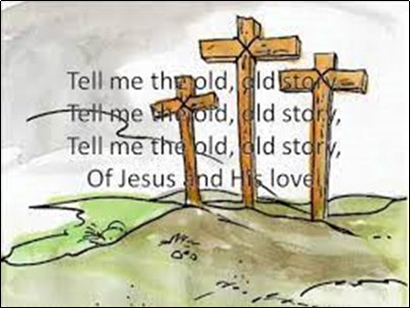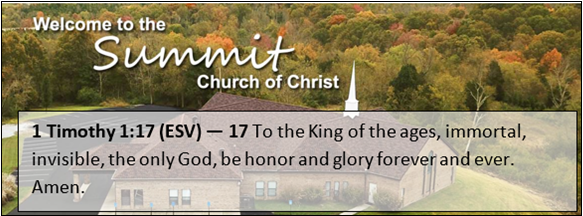“Successful Practice Becomes Reality” by Andrew Ellis

How often have we heard someone say something along these lines? “I am not good at math.” “I am not the best golfer.” “I cannot become a good writer.” When people say things like this, there can be a defeatist mindset. A mindset that things cannot change because of a perceived lack of talent. While many people are naturally talented in specific areas, most of the skills we see develop over time. Mathematicians are not born overnight. A great golfer does not pick up a golf club for the first time and drive a golf ball 300 yards. Best-selling authors do not publish their work without learning proper grammar and writing. When we put Christ on in baptism, we are not automatically experts on everything in the bible. There is still a significant amount of work to do. There is a tremendous amount of learning that never ends. It is an uneasy process.
There are two pieces of scripture I would like to point out. First, let us look at Romans 5:2-6. It says, “Through him we have also obtained access by faith into this grace in which we stand, and we rejoice in hope of the glory of God. Not only that, but we rejoice in our sufferings, knowing that suffering produces endurance, and endurance produces character, and character produces hope, and hope does not put us to shame, because God’s love has been poured into our hearts through the Holy Spirit who has been given to us. For while we were still weak, at the right time Christ died for the ungodly.” What we see here is that through hard times, we see a process of change. We see that suffering produces endurance. Then endurance leads to character, and character creates hope. In our journey of bettering our talents, sometimes it takes hope to get us on the right path.
1 Timothy 4:11-16 says, “Do not neglect the gift you have, which was given you by prophecy when the council of elders laid their hands on you. Practice these things, immerse yourself in them, so that all may see your progress.” Do not overlook our actions. We are blessed with talents. Do not easily give up because others might be watching how we react.
We must develop the talents we have over time. To develop mastery, we must practice developing our abilities. Excuses are self-imposed barriers to bring to light a lack of practice or experience in a particular field. Avoid these barriers. Be patient in what we do. Changes do not happen overnight.










